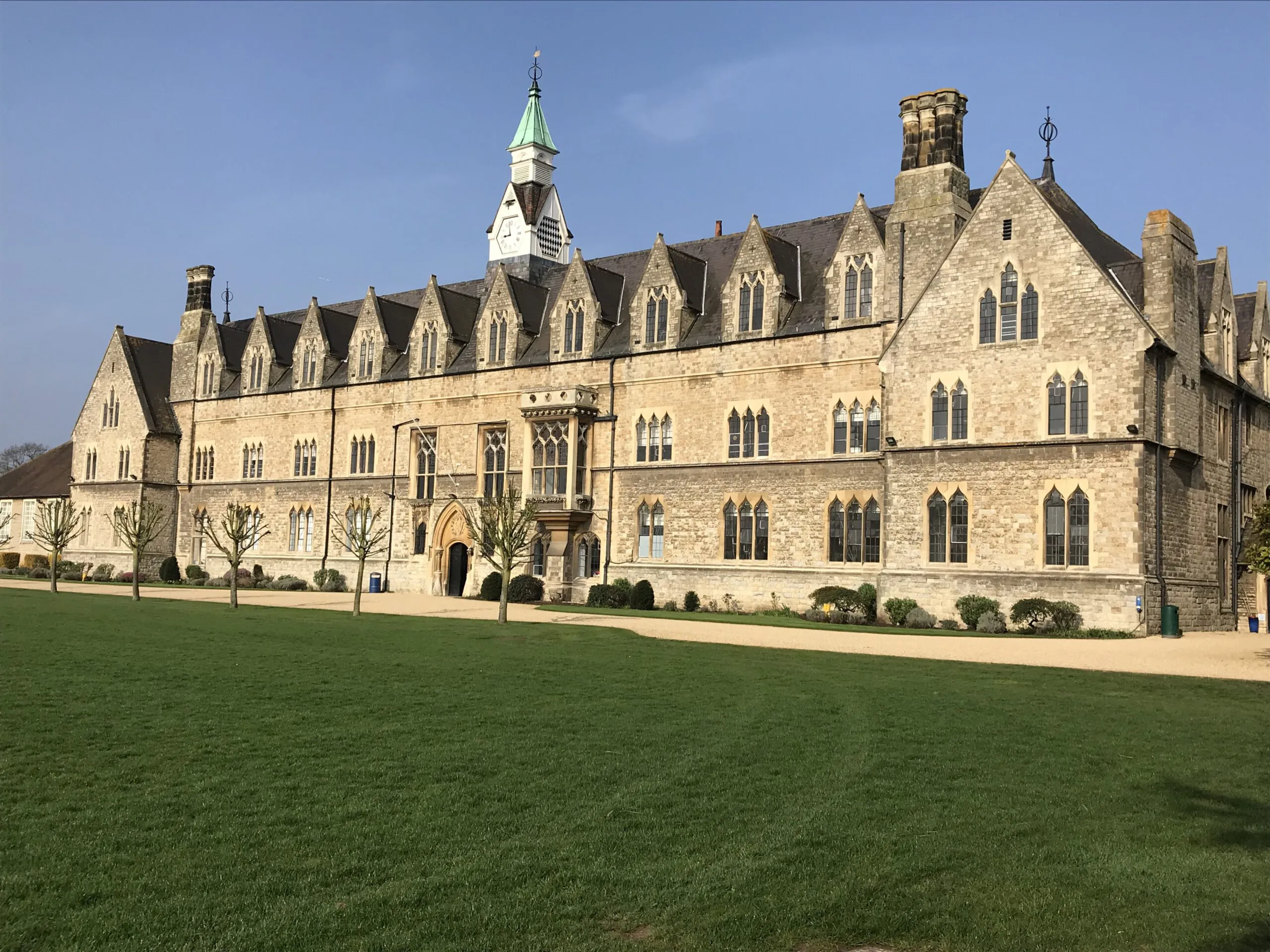
The Family of Philosophy Schools
The Family of Philosophy Schools

Forming a global family of Philosophy schools, these institutions are unified around a core theme: that behind the apparent differences of every child, there is a conscious, intelligent and loving power, waiting to be discovered. Simple practices of self-awareness are part of the daily routine of school life. These allow both teachers and pupils to find a natural peace and stillness which is beyond all the usual movement and agitations.
By focusing firmly in the present, pupils can discover and utilise their talents and limitless potential. The philosophic approach supports academic excellence as well as artistic, physical and emotional development.
The education provided by the family of schools is founded on philosophy. The core theme is that behind the apparent differences of every child, there is a conscious, intelligent and loving power, waiting to be discovered.
Simple practices of self-awareness are part of the daily routine of school life. These allow both teachers and pupils to find a natural peace and stillness which is beyond all the usual movement and agitations. By focusing firmly in the present, pupils can discover and utilise their talents and limitless potential.
The philosophic approach supports academic excellence as well as artistic, physical and emotional development.
The national curriculum required in each location, is enhanced by a unique range of subjects and practices: